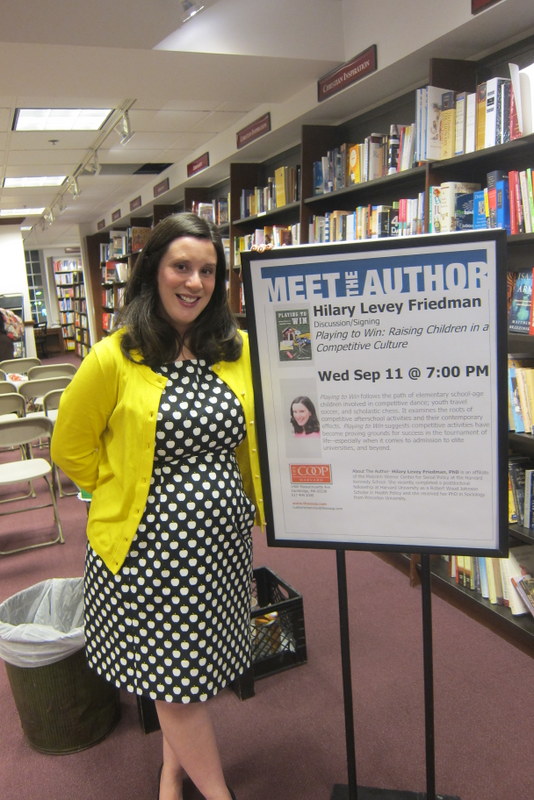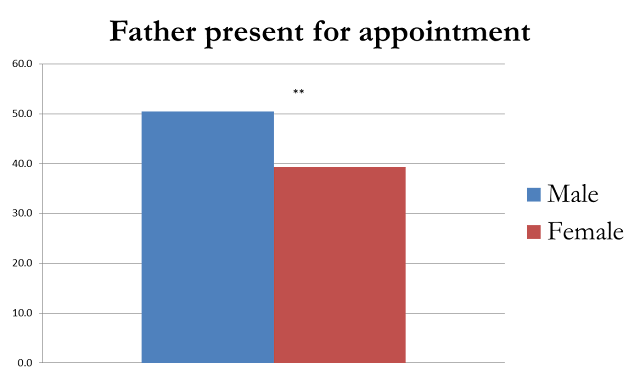Greg Louganis, arguably the greatest diver of all time, and one of the greatest Olympians of all time, just started coaching young divers. His accomplishments are extraordinary, but as many know, having superior skills does not always transfer to superior teaching.
Louganis' skills as a coach are his knowledge of diving technique and his ability to teach mental awareness and toughness. He emphasizes basic mechanics and does not allow a diver to move on until they have mastered skills. Louganis also says that practice is more important than competition and he has each of his students keep a journal where they can reflect on training and goals. Louganis reports, "A lot of parents say they're on board with it... we'll see how well they can hang in there."
Parents should trust the knowledge of a teacher or coach and be patient with them in producing results and improving technique, even if that coach isn't as accomplished as Greg Louganis. Tiger Mom Amy Chua got it right (at least in this instance!) when she said parents should not criticize a teacher/coach in front of a child.
That said, there are areas every parent should think about before enrolling their child in an afterschool activity. Based on years researching various afterschool activities, I recommend parents investigate the background of potential teachers/coaches in three areas: expertise, teaching, and safety. With some of these questions you should ask the teacher, or owner, directly. For others you will want to ask around town. Though beware listening to everything a few disgruntled parents say; however if many parents have negative things to say you should pay attention! These questions may seem like obvious ones, but when it comes to kids' activities, they aren't often asked-- and that needs to change especially given the level of competition and the number of injuries currently observed in children's activities.
1) Expertise- You should make sure the teacher or coach has in-depth knowledge of the activity and some credentials to be teaching the activity to others.
If you ever watch So You Think You Can Dance you know that Nigel Lythgoe is constantly complaining about dance teachers who do not know technique and are making a lot of money telling people they can dance. Unqualified teachers make it difficult for the qualified teachers who do know technique to succeed. When I was studying soccer I interviewed one business owner who proudly told me that because he is from Latin America parents assume he is good at soccer. In fact, he is a terrible player; instead of playing up skills, he plays up his accent which he claimed parents responded to well. This owner did hire qualified coaches, but it's easy to imagine this situation going a different way.
You should exercise your right as a parent to protect your child and find out the answers to the following questions:
- Does my child's potential teacher/coach have technical ability in the subject matter?
- Can they demonstrate fluent knowledge of technique?
- Were they themselves a diver/chess player/dancer/football player, etc.?
- What do they know about the mechanics of how the activity works (either knowledge of mental processes or, more importantly, awareness of physiology and how the body best works)?
- What formal credentials do they have to promote themselves as teachers/coaches-- college degrees, training certifications, etc.?
2) Teaching- Whatever the activity is, those who work with young people should have knowledge of how to teach young people-- this includes understanding learning techniques and children's social dynamics. This is especially true in competitive environments. Teachers and coaches should have some knowledge of how to deal with self-esteem issues and how to mediate conflict between children, for example.
Spending time around academic afterschool activities, like enrichment classes and chess clubs, I witnessed many skilled chess and math experts who were not trained as teachers. When children cried, gave up, had short attention spans, or fought with one another, the teachers often did not know how to respond to the situation.
While of course there is not one right way to deal with any of these situations, classroom teachers learned when they were students themselves about different techniques for dealing with children at specific age levels. Afterschool teachers and coaches would benefit from similar instruction, which would help improve their teaching and children's experiences. Just as our society doesn't allow classroom teachers or daycare providers to be untrained and uncertified, we should be sure that those who work with our children in the afterschool hours are equally able.
3) Safety- This may seem obvious, but you would be surprised how many assumptions parents make, if only because things seem legitimate.
- Do you know if your child's teacher or coach has ever been convicted of a crime, especially one involving a child? Not all states mandate background checks for teachers and coaches. If you live in a state that doesn't, you should know that many of the insurance companies who insure athletic clubs/studios/gyms do have strict guidelines.
- Does the program have insurance? You can find out by asking who insures an organization; if the group is uninsured this should be a red flag about the legitimacy of the business (perhaps even its business standing. like filing taxes).
- Are teachers CPR certified? Are the physical surroundings acceptable for the physical nature of the activity (like the type of floor or the security/stability of equipment)? In addition to legal issues, you should also think about basic safety!
Remember, just because someone opens a gym or studio in a strip mall does not mean they are qualified, even on in these most basic areas. One of the programs I observed was not properly run in terms of insurance, taxes, and teacher safety. These omissions were not committed out of malice on the part of the owner (instead they were related to financial constraints), but parents nevertheless should endeavor to be aware of these issues so they can protect their children.
While, thankfully, I am not aware of anyone I ever worked with being convicted of any crimes involving children, they do happen. Just this month a gymnastics coach in Arizona was arrested on suspicion of child molestation (though not in the gym itself). Less than a year ago another gymnastics coach was arrested in Connecticut on similar charges.
In many families the three areas of expertise, teaching, and safety will be weighted in different ways. Some may value safety more, while others place less emphasis on expertise. Every parent will make the right decision for his/her child, but that decision should be made based on as much information as possible. Sadly, nail salons are better regulated and have more safety requirements than gyms, studios, and practice spaces where children can die or suffer catastrophic injury.
Parents, always, always ask questions and do your due diligence before signing your child up-- and once everything checks out, you can rest easier in deferring to the judgment of the teacher or coach. Who knows, your child may end up learning from an Olympian!
 Check out more pics from recent events, like this one, here.
Check out more pics from recent events, like this one, here.



